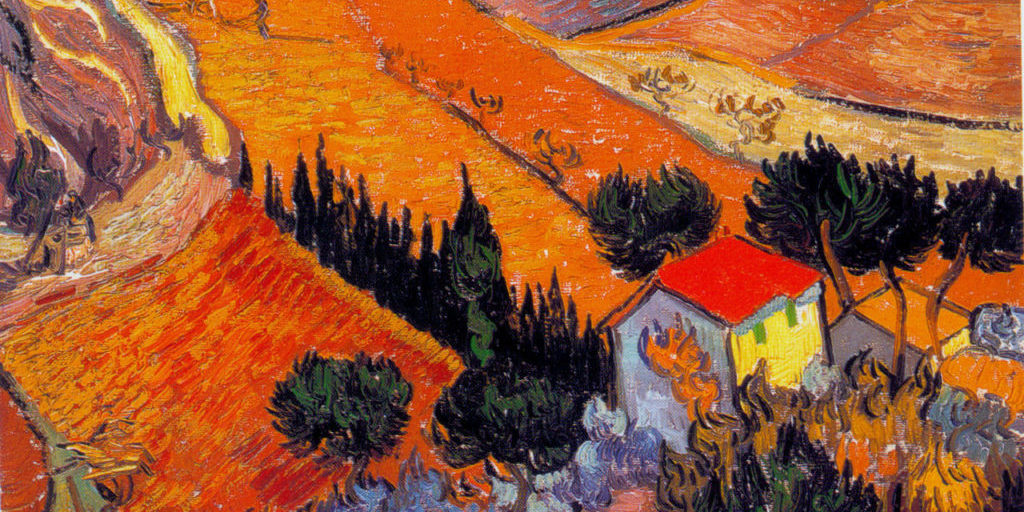
Immutability and Pastoral Ministry
The latest issue of Credo  Magazine is titled The Immutability of God. The following is an excerpt from Matthew Claridge’s column, Immutability and Pastoral Ministry. Matthew Claridge is Pastor of Mount Idaho Baptist Church in Grangeville, ID. He holds a M.Div. from Trinity Evangelical Divinity School and a Th.M. from The Southern Baptist Theological Seminary.
Magazine is titled The Immutability of God. The following is an excerpt from Matthew Claridge’s column, Immutability and Pastoral Ministry. Matthew Claridge is Pastor of Mount Idaho Baptist Church in Grangeville, ID. He holds a M.Div. from Trinity Evangelical Divinity School and a Th.M. from The Southern Baptist Theological Seminary.
The doctrine of divine immutability, like all the incommunicable attributes, is very susceptible to vaporizing into the mists of abstraction. From there, it takes to wandering in aimless speculation seeking rest, finding none. The magisterial Reformers were particularly suspicious of such speculation with no obvious home address in Scripture. I’ve read, though I can’t remember where (write me if you know), that Calvin’s favorite passage was Deuteronomy 29:29, “The secret things belong to the Lord or God, but the things revealed belong to us… that we may do all the words of this law.” If not his favorite, it seems an apt manifesto of Calvin’s theological priorities, not least for the Puritans who insisted on the practical “use” of doctrine.
To be sure, even doctrine in its gaseous state has its “uses.” It has a place in the weather cycle of worship, a cycle God himself sets in motion with invitations to and glimpses of his glory. It’s a cycle that rises in awe, then falls back intellectually repelled and spiritually humbled by the majesty of God. With David we must eventually confess, “I do not occupy myself with things too great and marvelous for me.” Like Moses in his solar eclipse encounter with God’s glory, all we can do is “bow to the ground and worship.”
We cannot remain in the luminous ether of God’s infinite plentitude, but we don’t need to because in the revelation of Jesus Christ all the fullness of God is pleased to dwell. When no one could see God and live, the incarnate Son made God known. Christ makes all the theological abstractions concrete; he brings all the prodigal speculations back home. And that includes the doctrine of divine immutability which, like its incommunicable brothers, is prone to wander. Christ makes all the theological abstractions concrete; he brings all the prodigal speculations back home. Click To Tweet
For this high and lofty doctrine to have any life-giving impact in our daily struggles and joys, it must be transposed through the words of Christ and metabolized in the work of Christ. What, then, does this doctrine look like when condensed into a solid state? When it begins to take on a recognizable shape and face? I think it looks like Hebrews 13:8, “Jesus Christ is the same yesterday, today, and forever.”
Hebrews 13:8 is a remarkably pithy statement, a rallying cry suited for any present contingency, any past regret, any future apprehension. It is particularly noteworthy in the context of the paragraph and letter in which it is found. It comes at the end of a list of pastoral and neighborly exhortations starting off with the general, umbrella exhortation, “let brotherly love continue,” and proceeding to hospitality, visitation, empathy, commitment within marriage, financial contentment, and respect.
Read Matthew Claridge’s entire column in the new issue of Credo Magazine: The Immutability of God.

